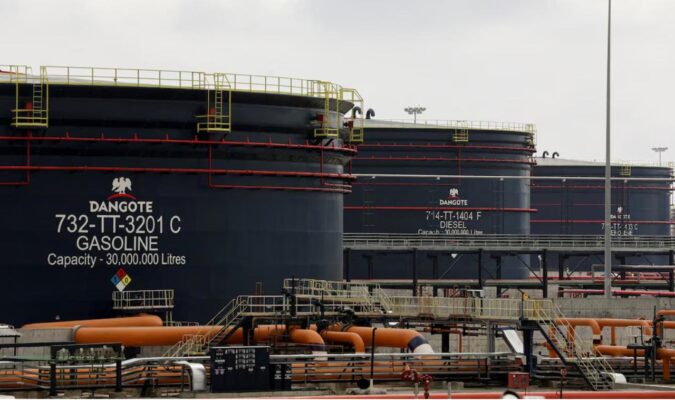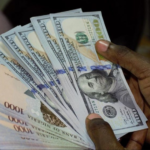Nigeria will begin sale of Crude oil to Dangote refinery in Naira from October 2024. This was made known in a post on the Ministry of Finance’s X handle.
The announcement came after a meeting held between the Federal government and stakeholders in the oil and gas sector. The meeting was attended by key officials in the Nigerian Midstream and Downstream Petroleum Regulatory Authority, the Central Bank of Nigeria, the Nigerian Upstream Petroleum Regulatory Commission, and the African Export-Import Bank.
Also in attendance were the Minister of Finance, Mr Wale Edun and the Federal Inland Revenue Service boss Zach Adedeji. According to reports, the meeting was set up to ensure a smooth implementation of the sale of crude oil to local refineries.
At the meeting, the Wale Edun expressed his confidence that the collaboration among key stakeholders, will bring about a transparent and efficient implementation process. This will ensure that Nigeria goes through a smooth transition from FX crude sales to sales in Naira.
- Advertisement -
The decision to sell crude oil in Naira to Dangote refinery will have different implications for the country. First, it is expected to reduce the pressure on foreign exchange reserves. This will further help to bring stability in the dollar-Naira exchange rate in Nigeria.
In addition, the sale of crude oil in Naira will boost local production of petrol. This will reduce import dependency and potentially address the lingering issue of subsidy in the oil sector. Furthermore, boosting local refining capacity will help address the issue of supply and make the country more self sufficient.
Also, if the local refining capacity is addressed, the millions spent on the controversial subsidy regime could be reinvested in other sectors of the economy.
The decision to commence crude oil sales in Naira was first announced on July 29th 2024 following an approval by the Federal Executive Council on the proposal to stop sale of crude in foreign currency.
The Council also approved that 450,000 barrels of crude oil be designated for local use and sold to local refineries starting off with Dangote. With this, the government is hoping to stabilise the pump price of petrol and reduce the demand for dollars.
- Advertisement -
As optimism continue to grow about the prospects of this policy, experts have expressed concern about the spate of corruption in the oil and gas system. Some argue that if corruption is not addressed, the policy will not see proper implementation and yield the anticipated result.










